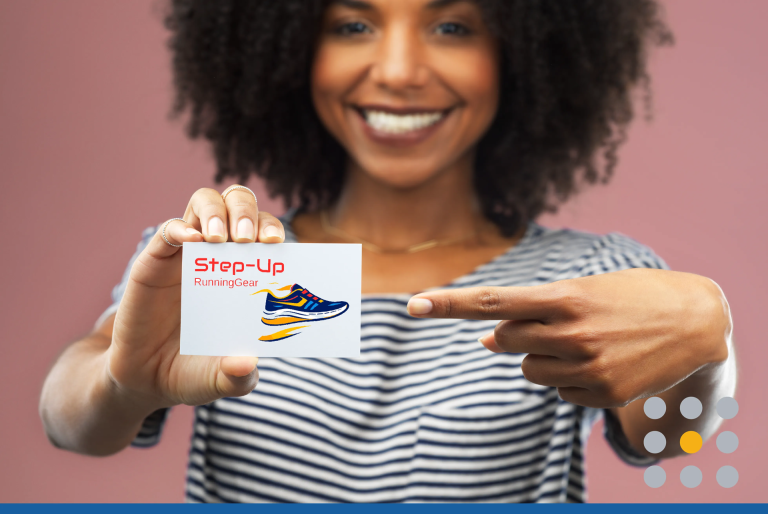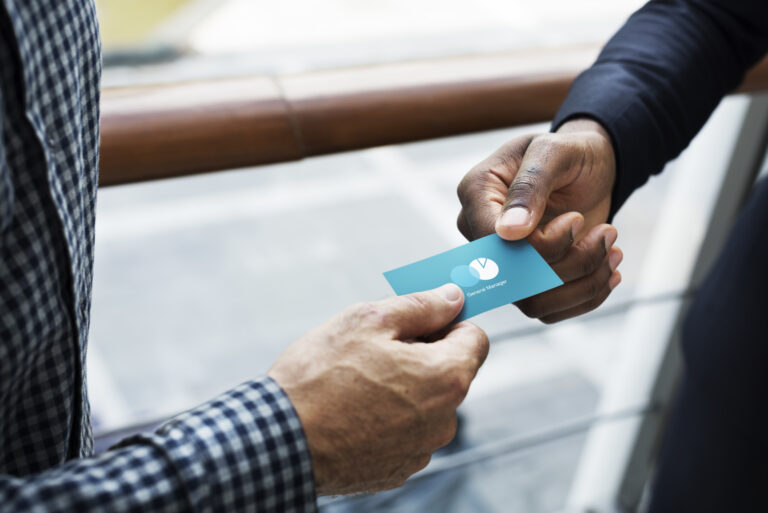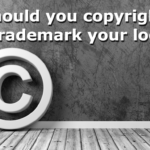The question on every small business owner’s mind is how to gain more exposure. No matter the size of your marketing budget, it takes a lot of time, effort, and creativity to get new customers. Fortunately, you can piggyback on big events to build momentum.
Your community is the best source of local marketing ideas for small business. If your biggest obstacle is boosting traffic to your business, events such as fairs, festivals, and conferences have a lot to offer. Get a list of events your customers attend, and embrace the chance to promote your brand face to face.
1. Know your audience
Figure out which local events cater to your customers. Government and travel websites are great places to find event calendars. If you sell food or crafts, almost any fair or festival is a ripe opportunity. But if you serve a specific niche, think about how your customers spend their time. What excites them? What supplies do they need before, during, and after an event?
Sponsoring a local bike race or stunt show would be perfect for a bike seller. A T-shirt seller could make big bucks at a music festival or comic convention. And a children’s furniture designer could be a hit at a mommy blogger conference.
2. Research profitable events
Don’t waste time and money on an event that might be a bust. If the organizers expect 300 people and 50 show up, you might not meet enough new customers to justify the cost. So stick to events with a strong track record. Contact the organizers to find out:
- How often the event occurs
- The average attendance rate in recent years
- The typical customer demographics
It’s also smart to ask about the ratio of out-of-town attendees. You might prefer a different event if you only serve customers in your geographic range.
3. Decide your level of involvement
Are you planning to buy a booth or just taking advantage of event traffic? If it’s the former, talk to veteran participants about how to stand out at the venue. They often have great tips about the right signage or the best location for your booth.
Make a list of everything you’ll need on event day, and order supplies well in advance. Remember, most local businesses will be buying up supplies to prepare for a major event. So, you don’t want to get stuck scrambling for something important at the last minute.
Even when you aren’t involved in the festivities, you can get extra business from tourists and locals in a spending mood. If you won’t be at the event venue, plan creative ways to drive traffic to your business. For example, offer a discount or an entry in a prize drawing to anyone who shows an event ticket.
4. Become an event sponsor
Sponsoring an event is one way to get your business name in front of a lot of people. The best part is sponsorship doesn’t have to take a chunk out of your budget. You usually have two options: fixed sponsorship tiers or donations, both of which can significantly contribute to event revenue with nonprofit sponsorship levels.
Weigh the cost of being a paid sponsor. Ask an organizer for the details of each package and exactly how your business info will appear to attendees. With a top tier, you might get full-page ads in an event program, venue signs, a prominent booth, and radio call-outs. Whatever the case, get the contract in writing to make sure you get the level of exposure you want.
Prefer to go the donation route? Give away a product or service that has the potential to bring in repeat business. The customer data you already have can be a big help here. Look over past sales to find popular gateway products that open the door to more purchases.
Another option is to donate a space or venue for an event. Organizers are always looking for ways to cut costs, especially for events spread across multiple venues. If you own the space, you have even more leverage to get your signage in visible locations.
5. Host your own giveaway
Whether you attend the event or not, giveaways are a low-cost way to generate buzz. Now, you might be thinking, “I don’t have exciting products. I don’t have products that are easy to package and hand out.”
It doesn’t matter. Every product has value to the right customer, so focus on selling your services as an experience. Think beyond physical products. Let’s say you own a printing company or a small accounting firm. Raffle off a consultation or introductory package.
Don’t get discouraged if it takes a little more brainstorming to find the right approach. Local marketing is about putting a human face and personality on your business. Let’s say you’re opening a personal training business. A fun way to reach customers is to set up a snack and water tent at a marathon, sporting event, or music show. Give away free healthy treats to customers who are willing to snap a photo doing their favorite muscle poses.
6. Collect customer information
Following up with customers is the key to getting repeat business and referrals. Customers are bombarded with marketing at big events, so they easily forget vendors. Find an efficient, respectful way to gather contact information.
Many people don’t want to listen to you talk about your company for 20 minutes, but they’re happy to leave a business card. If you give away company swag, ask customers to leave a business card in your collection jar in return. Print up your own business cards that include social media handles, so customers can follow you online.
If you sell to the public, try to collect phone numbers and email addresses. If your customers are mainly businesses, team up with other vendors to trade new contacts. Choose business owners who aren’t direct competitors. That way, you can do less legwork and still reach potential customers even if you don’t meet them at the event.
7. Promote the event on social media
Take local marketing to the next level with social media. Twitter, Facebook, YouTube, and Instagram are great places to build interest. Visit the event page on Twitter to find popular hashtags. Hashtags are short words or phrases that identify trending topics. By using event hashtags, you can draw attention from anyone following the event. Imagine the impact when an event has thousands of followers.
Consider running promotions leading up to the event, which can work on any site you choose. Offer a discount or small giveaway for sharing your tweets, photos, videos, and other content. At the same time, give people a reason to stop by your booth or store during the event. After all, the point of building awareness is to boost sales.
8. Experiment and learn
Local marketing takes practice. But don’t worry; it gets easier the more you interact with your community. Be sure to have fun, friendly staff working the event, as good energy goes a long way. Most importantly, focus on what makes your products special. When you have something unique to offer, you’ll have no trouble coming up with great marketing ideas for small business.
> If you’re preparing for a local event, make sure you’re ready to promote your business with branded business cards and signs or banners.







